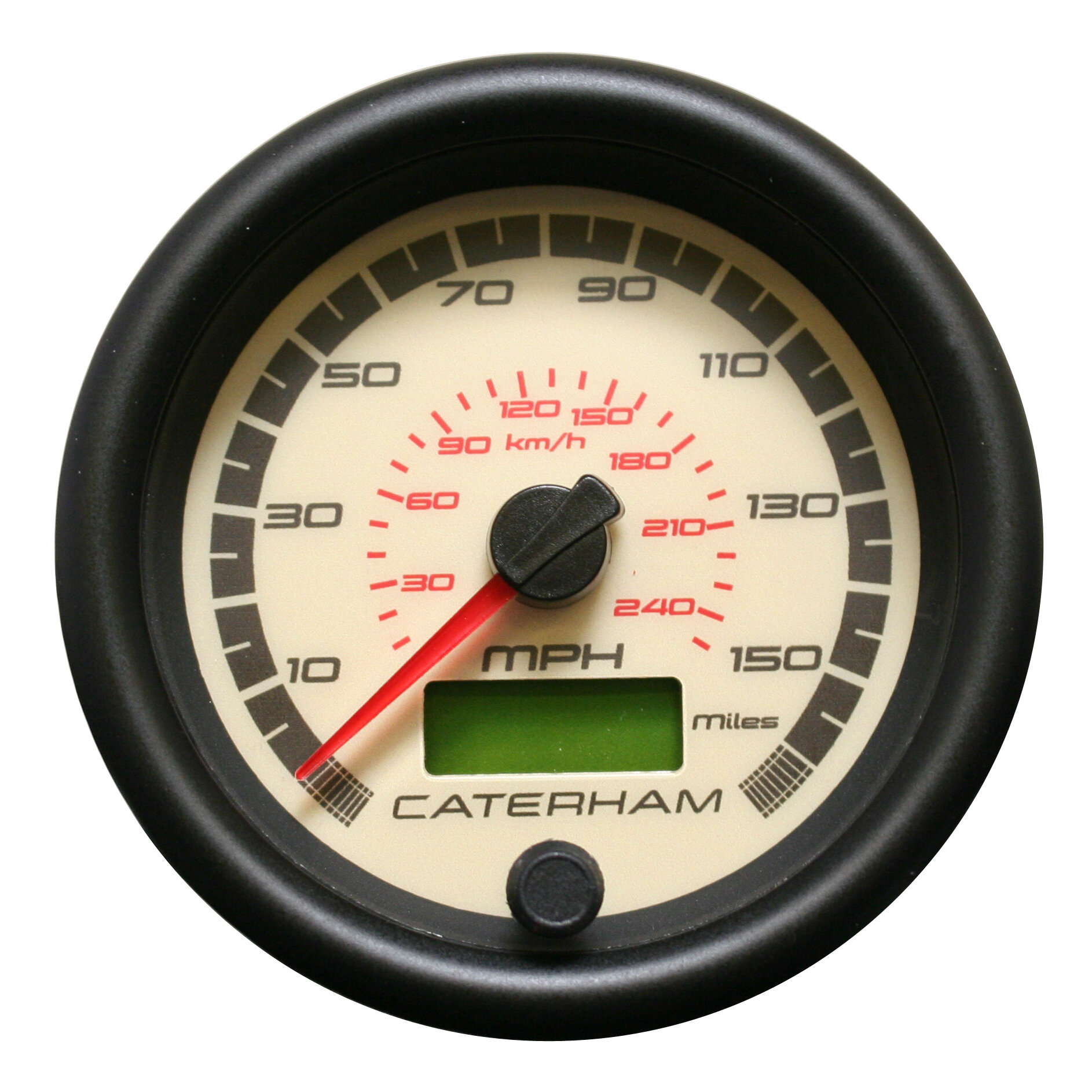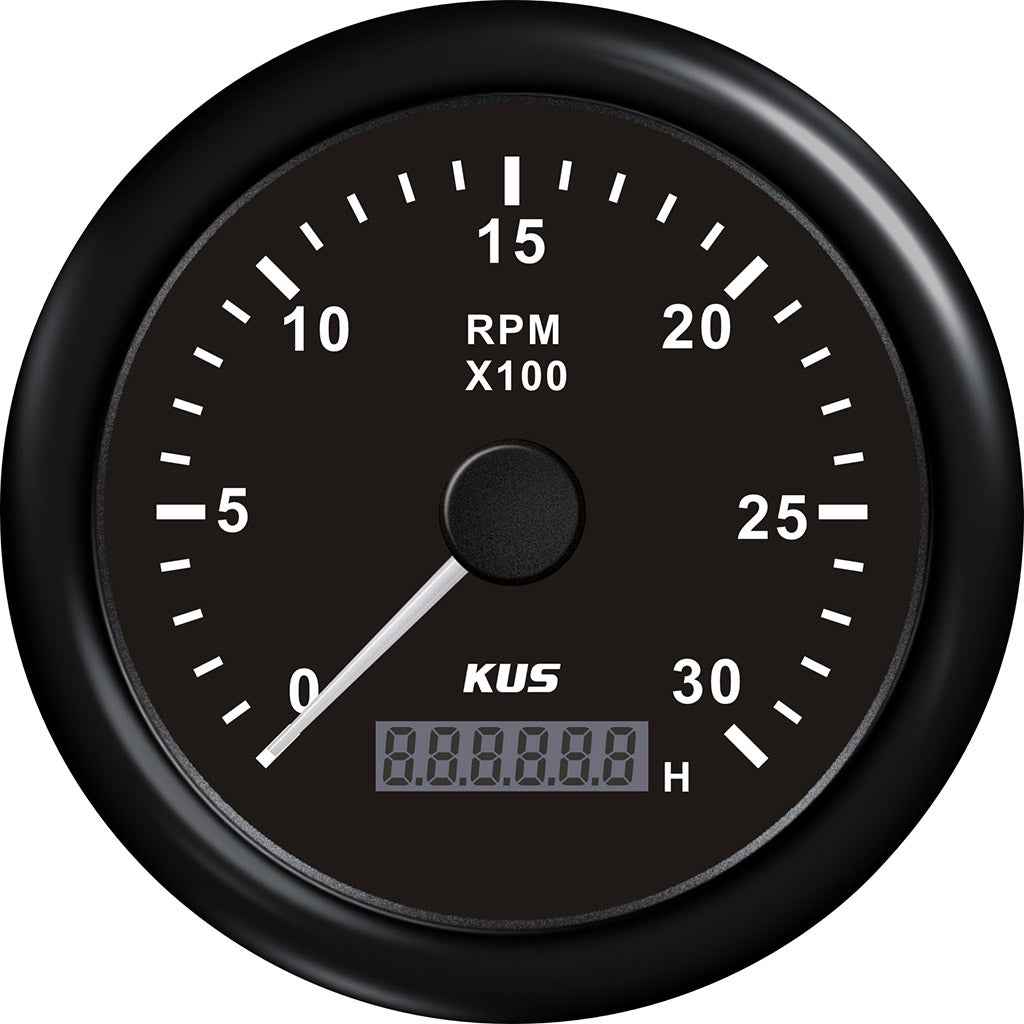Discover Just How a Tachometer Can Enhance Your Automobile's Efficiency
Wiki Article
Key Factors Why Having a Tachometer Is Crucial for Keeping Engine Health and Effectiveness
In the realm of automobile upkeep, the relevance of a tachometer can not be overstated - tachometer. This simple yet crucial tool plays a crucial function in the upkeep of an engine's health and efficiency. By offering real-time information on engine speed and RPM levels, a tachometer offers very useful understandings that straight impact the efficiency and longevity of the engine. From preventing over-revving to optimizing gas consumption, the applications of a tachometer are complex and crucial for any kind of automobile owner or lover. Why is this seemingly basic device so important? Let's discover the essential reasons behind its essential function in maintaining engine wellness and effectiveness.Preventing Engine Over-Revving

To secure the engine from prospective damage, it is imperative to apply measures that prevent over-revving, a method that can cause expensive repair work and decreased engine life-span. Over-revving takes place when the engine's rotational speed surpasses the optimum limitation set by the supplier, triggering undue stress on inner elements such as pistons, shutoffs, and linking rods. This too much stress can result in mechanical failings, including curved valves, harmed pistons, and even catastrophic engine failing.
A rev limiter is a tool that manages the optimum RPM (transformations per min) of the engine by either reducing off gas flow or spark to the engine when the pre-set limitation is gotten to. Normal maintenance checks to guarantee the engine is in ideal problem can additionally assist in avoiding over-revving events and lengthening the engine's life-span.
Maximizing Fuel Consumption
Efficient fuel usage plays a critical role in making the most of the performance and sustainability of an engine. tachometer. Enhancing gas usage not just assists in lowering functional prices yet additionally minimizes the environmental impact of car discharges. By using a tachometer to check engine rate and change driving routines appropriately, motorists can accomplish much better fuel effectivenessKeeping a constant rate and staying clear of sudden velocities and slowdowns can significantly boost gas economic situation. In addition, appropriate gear option based upon the tachometer analyses guarantees that the engine operates within its optimum array, bring about a lot more effective fuel burning.
Regularly keeping track of the tachometer can also aid determine any inefficiencies or mechanical concerns that might be affecting gas intake. A sudden rise in fuel use without a matching change in driving behaviors might indicate a trouble that needs attention.
Monitoring Engine Health And Wellness
Keeping track of engine health and wellness is important for ensuring ideal efficiency and that site longevity of the automobile. By using a tachometer to monitor engine rate, motorists can detect abnormalities that might suggest potential problems with the engine. A tachometer supplies real-time data on engine changes per minute (RPM), enabling chauffeurs to recognize any unusual spikes or decreases in RPM that can signal problems such as misfires, worn-out elements, or engine overheating.
Regularly keeping track of engine health and wellness with the use of a tachometer allows motorists to attend to problems quickly go to my site before they escalate and cause substantial damages. For instance, identifying a decline in RPM might suggest fuel shipment problems or a clogged up air filter, while a sudden boost in RPM might indicate concerns with the transmission or exhaust system. By staying watchful and receptive to modifications in engine performance, vehicle drivers can stop costly fixings and make sure the overall wellness and effectiveness of their vehicle.
Increasing Engine Life Expectancy
Ensuring the long life of an engine needs attentive maintenance techniques and alert monitoring of crucial performance indications. Extending an engine's life-span is important for reducing general car upkeep expenses and staying clear of unforeseen breakdowns. A tachometer plays a substantial function in this facet by supplying real-time data on engine rate, allowing vehicle drivers and mechanics to make enlightened decisions to avoid too much damage.
Furthermore, regular maintenance based on tachometer readings, such as timely oil modifications and ignition system substitutes, can dramatically contribute to extending the engine's longevity. In general, incorporating a tachometer into routine engine monitoring practices is vital for protecting the engine's wellness and efficiency over the long term.
Conserving Cash on Fixes
A tachometer helps in keeping an eye on the engine's RPM (changes per minute), enabling motorists to operate within the recommended range. By staying within these optimum RPM levels, excessive strain on the engine can be stayed clear of, lowering the chance of pricey repair services due to overworking the engine.Furthermore, by utilizing the data from a tachometer to exercise smooth acceleration and deceleration, vehicle drivers can prolong the life expectancy Discover More of their lorry's components, eventually conserving cash on maintenance and replacements. Generally, the understandings provided by a tachometer equip motorists to make enlightened decisions that can protect against unneeded wear and tear on the engine, resulting in considerable price financial savings in the future.
Conclusion
Finally, a tachometer plays a critical role in maintaining engine health and effectiveness by stopping over-revving, maximizing gas intake, monitoring engine health, extending engine lifespan, and saving money on repair work. It is a vital tool for making sure that the engine runs within risk-free limitations and does at its finest, eventually adding to the durability and general performance of the car.Report this wiki page